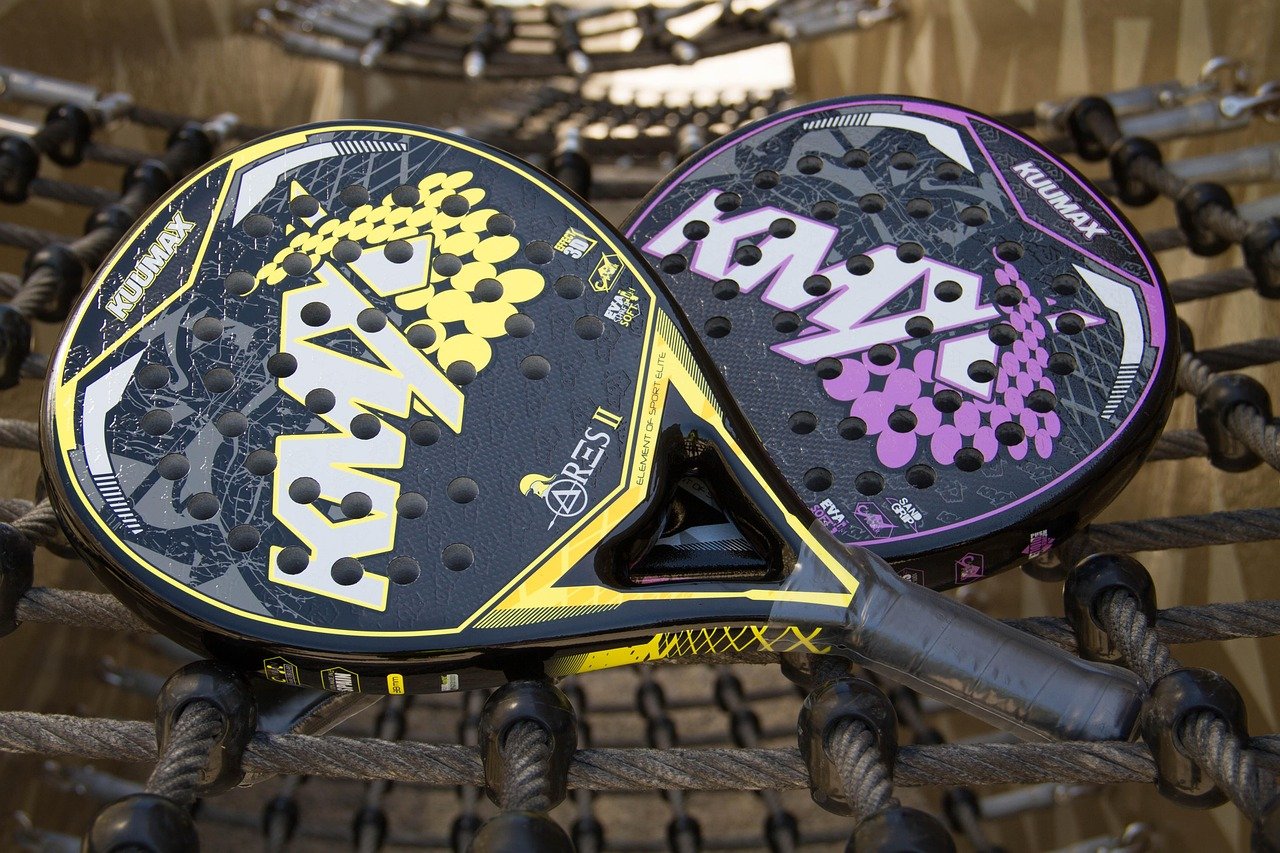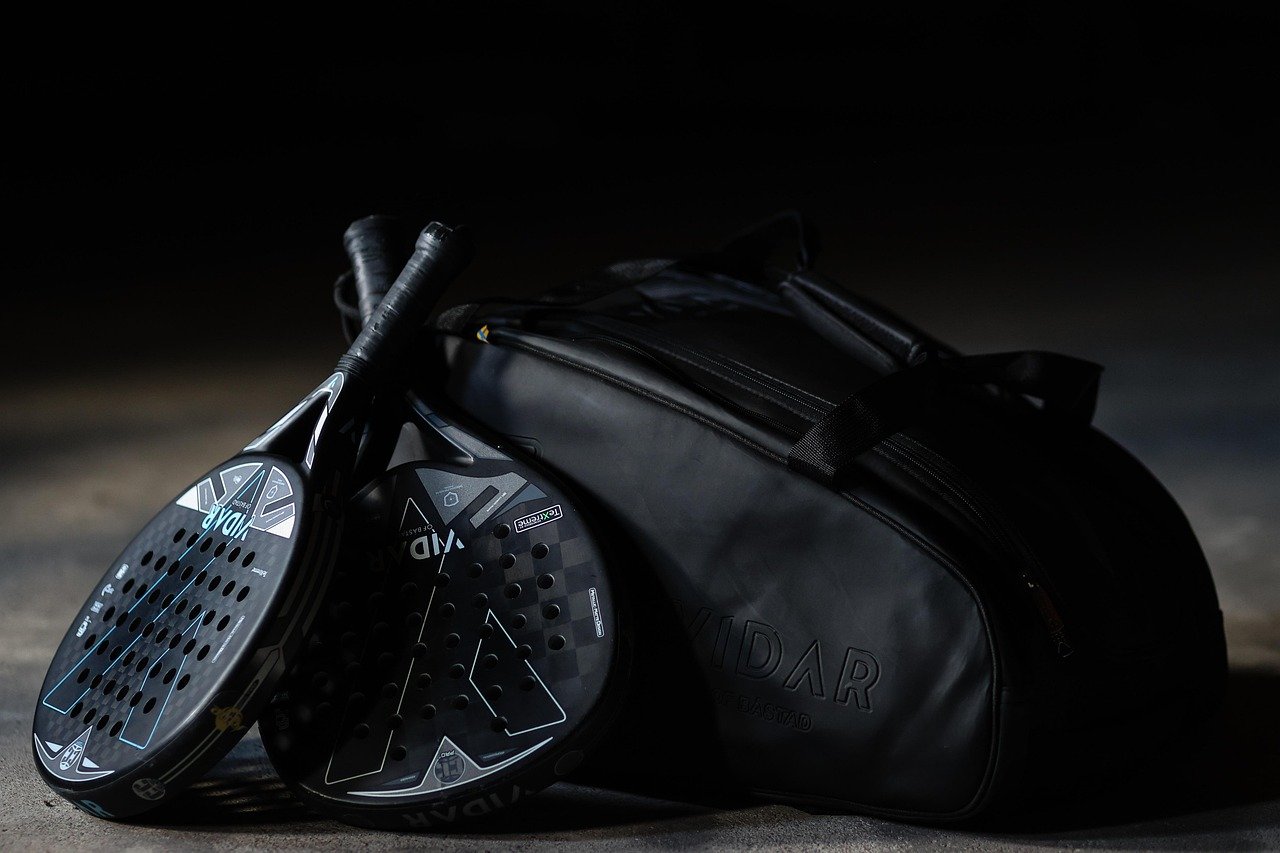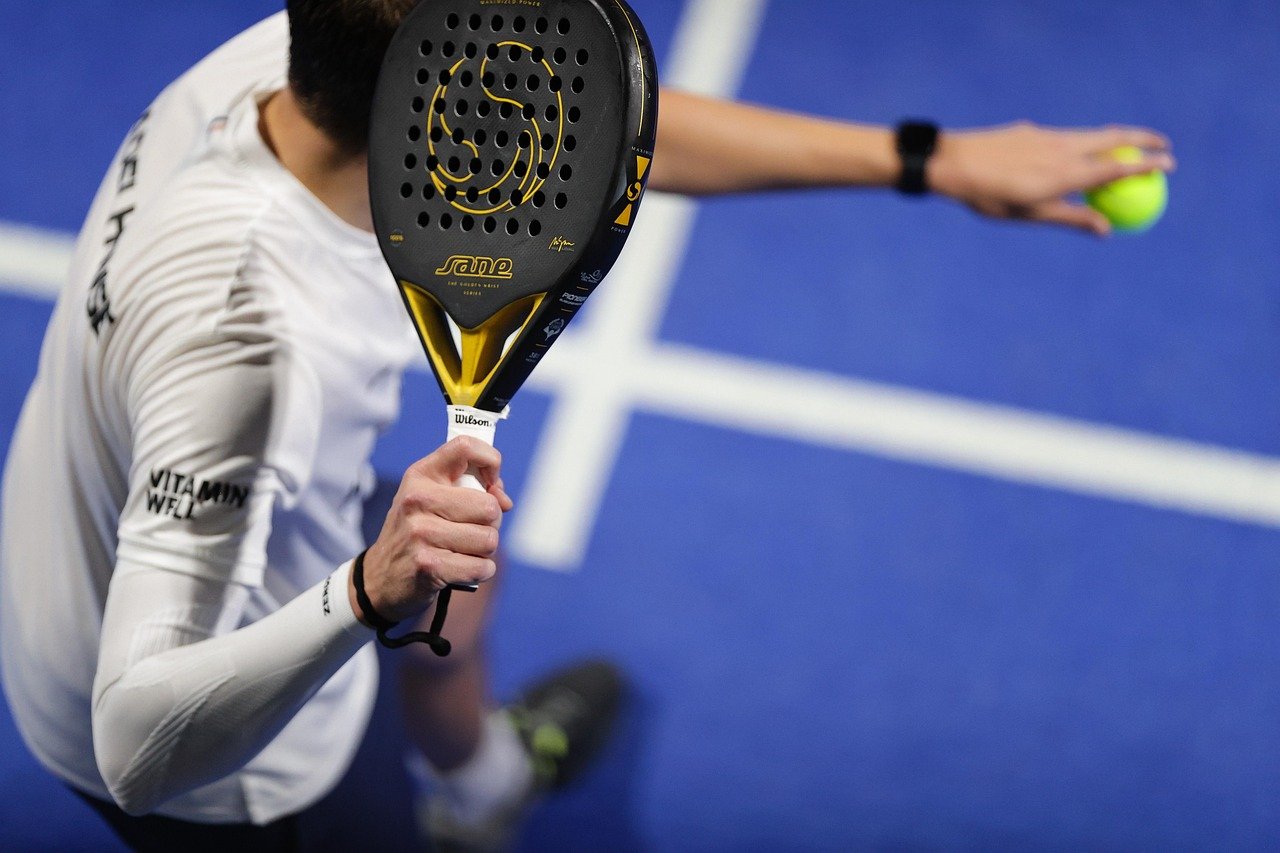Padel is a sport where strategy, anticipation, and positioning often make a bigger difference than raw strength or powerful shots. While hitting hard can win points occasionally, understanding where to be on court, how to read your opponents, and using angles effectively is what separates experienced players from beginners. In this guide, we explain why positioning is more important than power and how you can improve your court awareness to dominate games.
The Role of Positioning in Padel
Padel courts are smaller than tennis courts, enclosed with walls that can be used strategically. This setup makes spatial awareness critical:
- Anticipate where the ball will go
- Move efficiently to cover space
- Maintain balance between offence and defence
Good positioning ensures you can react effectively, hit with control, and reduce unforced errors.
Power vs Placement
While power can intimidate opponents, it is often less reliable:
- High-risk: Powerful shots can go out or into the net
- Predictable: Opponents can anticipate a straight, fast shot
- Energy-consuming: Continuous hard hitting leads to fatigue
In contrast, precise placement and positioning allow you to:
- Open spaces on the court
- Force opponents into mistakes
- Control the pace and flow of the rally
Key Positioning Strategies
1. Cover the Middle of the Court
The middle is the most vulnerable area. By controlling it, you can react to balls on either side more effectively.
2. Maintain Net Dominance
When at the net, positioning slightly off-centre toward your partner’s coverage zone allows for interception and cut-off shots.
3. Use the Back Wall Wisely
Position yourself to exploit rebounds off the wall, giving time to reset the point or create attacking opportunities.
4. Stay Balanced
Keep a low stance and avoid overcommitting to one side, ensuring quick lateral movements.
Reading Your Opponent
Positioning is not only about your placement but also about anticipating your opponent’s moves:
- Observe body language for likely shots
- Predict lobs and smashes
- Adjust stance for anticipated angles
Effective reading leads to better preemptive positioning.
When Power Helps
Power has its place, particularly when:
- Executing overhead smashes
- Responding to weak defensive returns
- Applying pressure in short rallies
However, power should complement positioning, not replace it.
Drills to Improve Positioning
- Shadow Footwork: Move around the court without hitting balls to practice optimal positioning
- Wall Rebound Drills: React to balls rebounding off walls to simulate real game scenarios
- Partner Coordination: Practice switching positions and covering angles with your partner
Final Thoughts
Mastering positioning is the cornerstone of successful padel play. While hitting hard can occasionally score points, knowing where to be, when to move, and how to anticipate shots ensures consistent performance. Focus on spatial awareness, court coverage, and smart shot selection, and you’ll find that your game improves more reliably than chasing raw power alone.ament-level performance, investing in quality gear is a step toward becoming the player you want to be.




